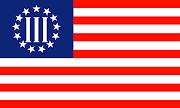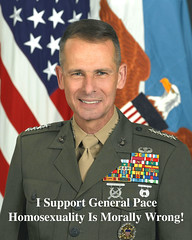Investment Banking Explained
Young Chuck moved to Texas and bought a donkey from a farmer for $100. The farmer agreed to deliver the donkey the next day. The next day the farmer drove up and said, "Sorry Chuck, but I have some bad news. The donkey died.'"
Chuck replied, "Well then, just give me my money back."
The farmer said," 'Can't do that. I went and spent it already."
Chuck said, "OK, then, just bring me the dead donkey."
The farmer asked, "What ya gonna do with a dead donkey?"
Chuck said, "I'm going to raffle him off."
The farmer said, "You can't raffle off a dead donkey!"
Chuck said, "Sure I can. Watch me. I just won't tell anybody he's dead."
A month later, the farmer met up with Chuck and asked, "What happened with that dead donkey?" Chuck said, "I raffled him off. I sold 500 tickets at two dollars apiece and made a profit of $898.00."
The farmer said, "Didn't anyone complain?" Chuck said, "Just the guy who won. So I gave him his two dollars back."
Chuck now works for Morgan Stanley.










